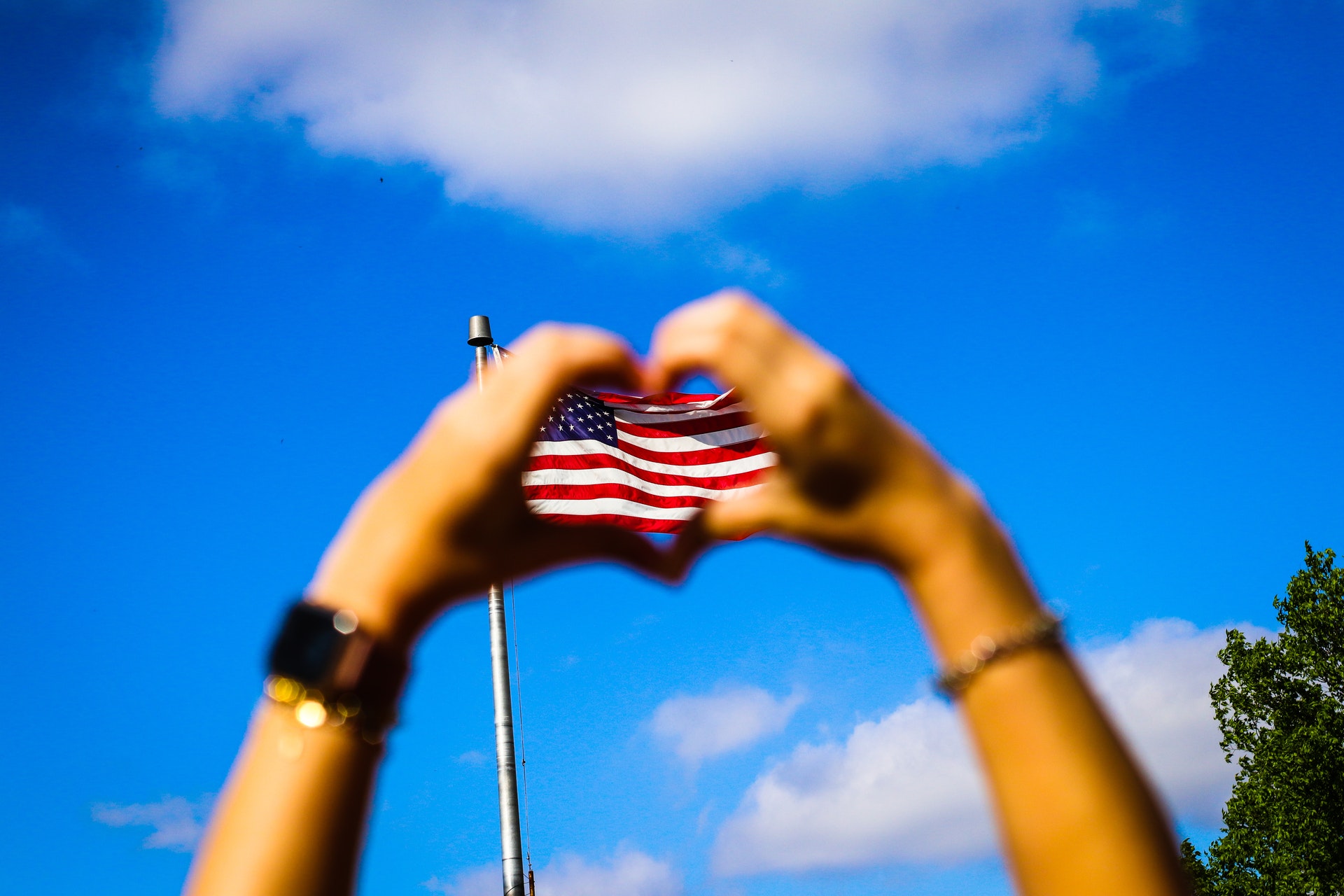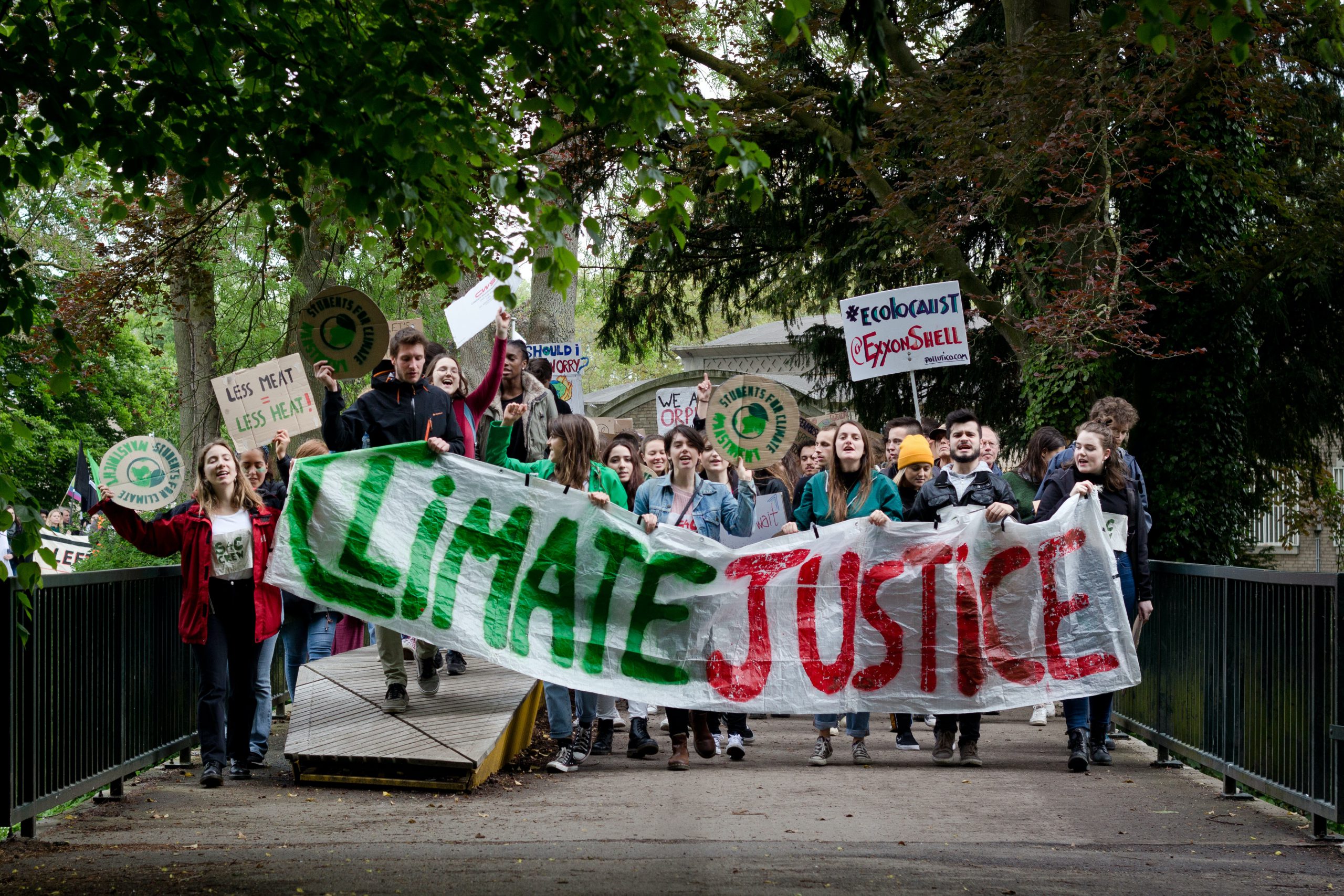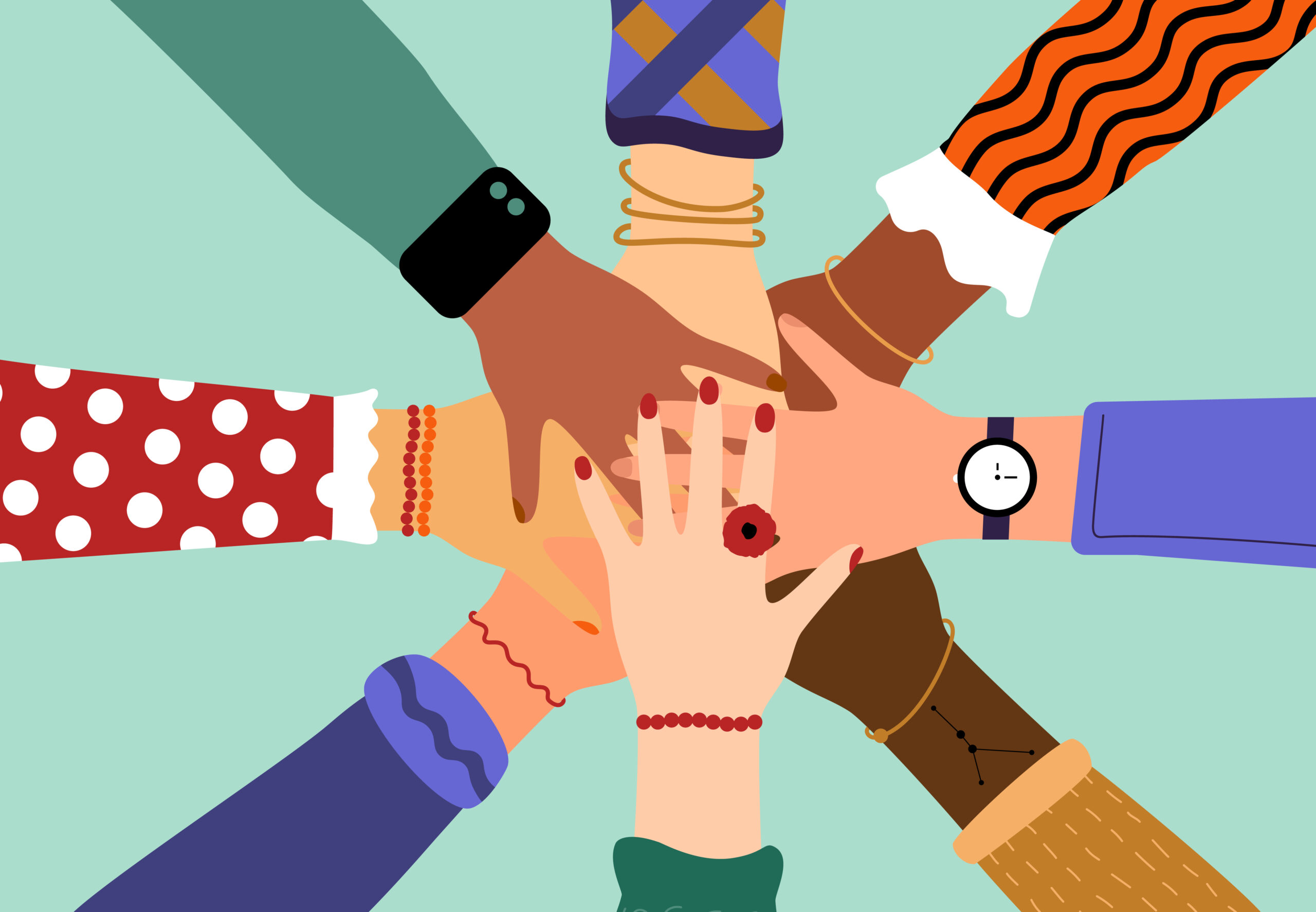Tag: Religious

THE HORIZONS PROJECT’S TOP INSIGHTS & LEARNINGS FROM 2022
Since our official launch in January of 2022, the Horizons’ team has spent the bulk of our time building relationships with the many inspiring organizers, network leaders, researchers, and funders...

The Pillars of Support Project
Click here for the Pillars of Support Project Page The complexity of the problem has hampered efforts to coordinate action against authoritarianism. Yet such coordination is crucial. Research shows that the most...

America’s Democracy Moment
*This article was written by Chief Organizer Maria J. Stephan and was first published on Just Security. As Americans prepare to celebrate Independence Day on July 4th, it is crucial...

Combatting Authoritarianism: The Skills and Infrastructure Needed to Organize Across Difference
*This article was written by co-Leads Julia Roig and Maria J. Stephan and was first published on Just Security. As the United States celebrated Martin Luther King Day this January,...

How Domestic Civic Movements Could Reshape US Foreign Policy
*This article was written by Chief Organizer Maria J. Stephan and was first published on Just Security. President Joe Biden’s early reversals of Trump policies have included at least three...

The Freedom Struggle in Florida
*This article by Chief Organizer Maria J. Stephan was first published May 14 on Salon. The situation in Florida clearly represents a threat to American democracy. Florida has become the epicenter...

Facilitating and Training in Cross-Sector Movements: Turbo-Charging Efforts for Coordination and Collaboration
On September 14, 2022, The Horizons Project hosted a webinar to bring together movement trainers, facilitators, and organizers to discuss the current state of movement-building support in the US and...
